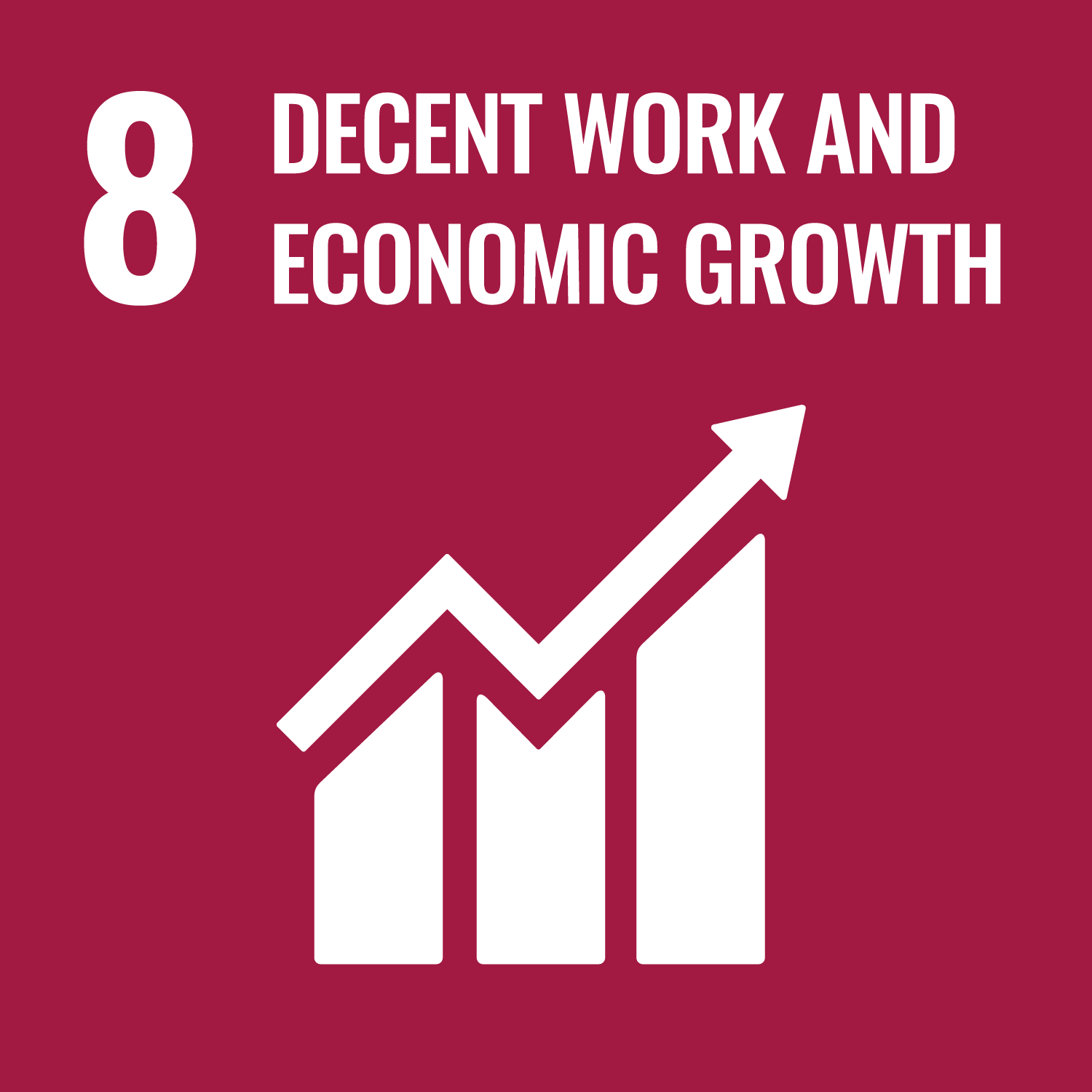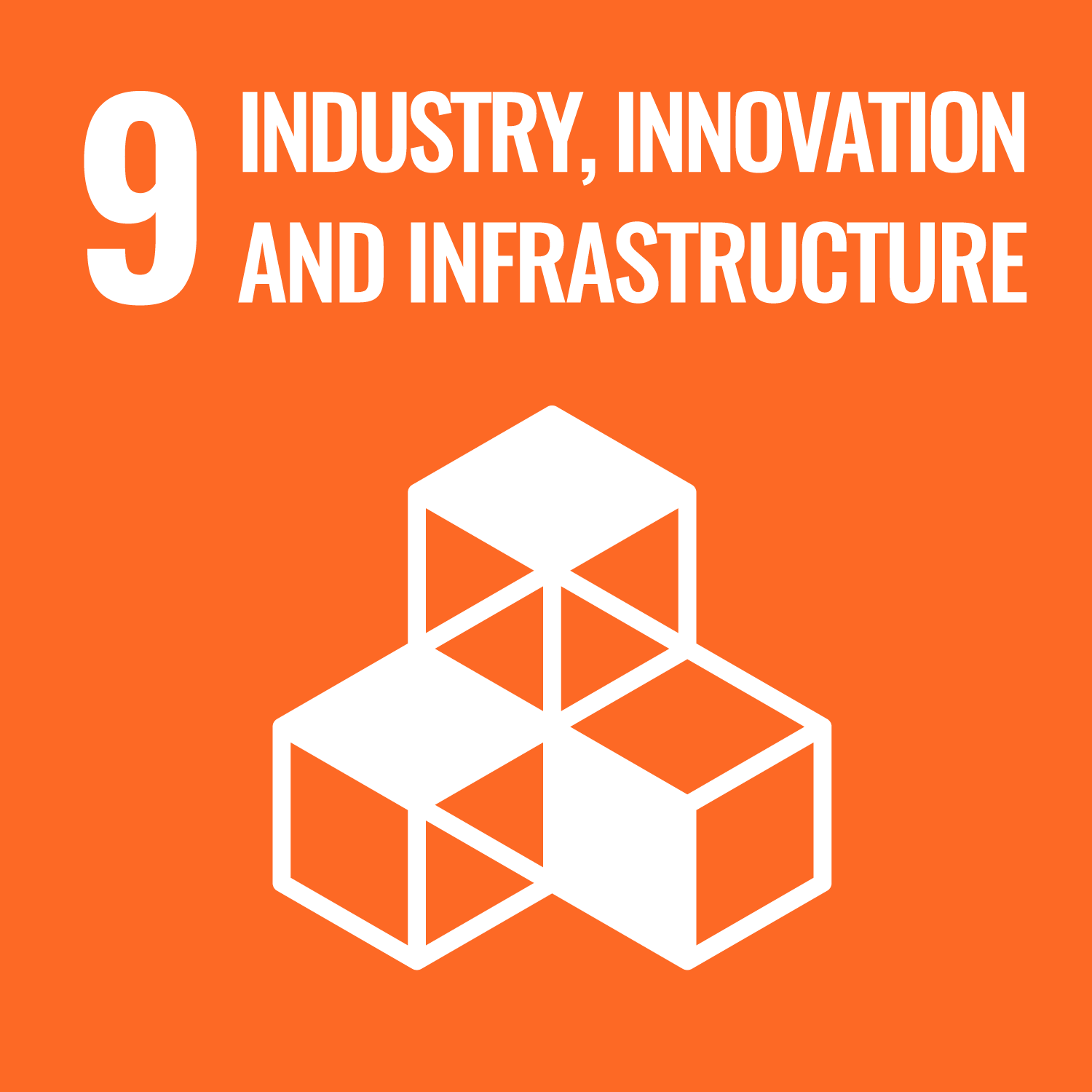Digitalization with social support can improve the health of permanent employees
A UOC study found no direct link between the use of digital technologies in the workplace and occupational healthResearchers recommend measures to incentivize job security and social support in the workplace

Digitalized work offers great advantages for employees, such as flexible working hours, but it also brings with it new ways of understanding the dynamics of work that entail unique risks to their mental and physical health. Research from the Universitat Oberta de Catalunya (UOC) suggests that digitalization does not have a significant impact on workers' psychological distress or perceived health, except for when it is carried out with social support, such as sharing work and personal experiences with colleagues or receiving praise and recognition for a job well done.
"We found no significant direct link – neither positive nor negative – between the digitalization of work and poor occupational health, but when this digitalization interacts with social support, it is capable of generating favourable effects on workers' health. Thus, when support is high, increased digital intensity reduces the probability of workers perceiving that they might be suffering from poor health. Inversely, when social support is low, an increase in digital intensity increases the probability of workers considering that their health is bad," explained Professor Joan Torrent, member of the Faculty of Economics and Business and leader of the Interdisciplinary Research Group on ICT (i2TIC).
“Public policies are necessary to redirect the use of digital technology in the workplace according to occupational health”
In addition, according to the research, this influence is determined by the contractual situation and work security of the respondents. "It is important to note that this reinforcing link between social support and digital intensity does not occur in the case of temporary workers. In this type of work, the capacity of social support to reduce the poor health of workers bears no clear relation with digital intensity," said Torrent, who published the study with researchers Vicente Peñarroja and Pilar Ficapal, from the same UOC faculty.
A sample of more than 800 workers
The aim of the study was to find out to what extent the psychological distress and poor health of workers are related to the digitalization process, based on data from more than 800 workers from all sectors, obtained from the 2017 Health Survey of the Spanish Ministry of Health-National Statistics Institute (INE) – the latest available. The lack of direct indicators of workers' use of technologies (for instance, hardware, software, the internet or artificial intelligence) in their work has led researchers to use the digital intensity of the sector in which the work takes place as an indirect indicator. "This means assuming that the use of digital technology – considered as an integrated whole – for work will be higher for employees whose companies are active in sectors with a more intensive use of digital technologies," explained Torrent.
The impact of job security
The article has also identified clearly differentiated occupational health conditions based on working circumstances, i.e. whether the job is secure or precarious. In this context, Torrent, while aware of the limitations of his research, pointed out that public policies on employment and on occupational health and safety should encourage social support in the workplace. "This has a lot to do with how secure workers feel in their jobs, which has a lot to do with their contractual situation. But it is also related to their capacity for autonomy and negotiation," he explained.
In this sense, the study points out that, in the most contractually secure and protected jobs – those with permanent contracts – workers would have more scope to direct the uses of digitalization towards work dimensions, such as interaction with social support, which end up favouring their health. On the other hand, in jobs with more unstable contracts, workers' ability to direct the uses of digital technology is much weaker, meaning that they cannot achieve favourable effects on occupational health. "Combining both results, it is also possible to highlight the need for public policies aimed at redirecting the use of digital technology in the workplace according to occupational health, especially in the cases of less protected workers, such as temporary workers," he said.
In addition, these measures should also take into account that the characterization of workers' poor health determines differentiated profiles depending on whether their job is safe or insecure – permanent or temporary. For example, the results of the research show that the perception of poor health of permanent workers is associated with workers who are older, less educated, have shorter working hours and more stress, while the perception of poor health of temporary workers is associated with women who live with a partner and who have more stress. In this context, the researchers underline the need to promote public occupational health policies "that are differentiated according whether workers have permanent or temporary status."
The impact of automation and work control processes
As for the future evolution of the impact of digital technologies on workers' health, the UOC professor pointed out that the negative effects "will continue to grow" as long as their main focus is linked to automation or work control processes, as is the case with advanced digital technologies such as artificial intelligence. "These negative effects will coexist with a large set of positive effects, such as job creation and increased quality of work. So we will have to be alert so that the risks, such as the growing capacity to replace people's cognitive and non-routine skills in the new digital wave, do not skew towards the negative side of the scale," he said.
In this sense, the UOC team is continuing this line of research by extending its investigation to the entire INE sample, with more than 8000 workers across the whole of Spain. In addition, the team is also working on more specific and detailed analyses in accordance with the specific type of digital technology in question (in particular, artificial intelligence) and over a much longer time frame.
This research supports the UN's Sustainable Development Goals SDG 8 (Decent Work and Economic Growth) and SDG 9 (Industry, Innovation and Infrastructure).
Reference article
Torrent-Sellens, Joan, Peñarroja, Vicente and Ficapal-Cusí, Pilar. Treballs digitalitzats, mala salut dels treballadors? Una primera aproximació per a Catalunya. Revista econòmica de Catalunya, no. 90, 2024.
UOC R&I
The UOC's research and innovation (R&I) is helping overcome pressing challenges faced by global societies in the 21st century by studying interactions between technology and human & social sciences with a specific focus on the network society, e-learning and e-health.
Over 500 researchers and more than 50 research groups work in the UOC's seven faculties, its eLearning Research programme and its two research centres: the Internet Interdisciplinary Institute (IN3) and the eHealth Center (eHC).
The university also develops online learning innovations at its eLearning Innovation Center (eLinC), as well as UOC community entrepreneurship and knowledge transfer via the Hubbik platform.
Open knowledge and the goals of the United Nations 2030 Agenda for Sustainable Development serve as strategic pillars for the UOC's teaching, research and innovation. More information: research.uoc.edu.
Experts UOC
Press contact
-
Núria Bigas Formatjé



